This apology was LONG overdue.
Amid National Outcry, Harvard Faces Major Backlash Over Handling of Antisemitism and Anti-Israel Bias
Harvard University President Alan Garber has issued a formal apology for the school’s failure to properly respond to antisemitism and anti-Muslim tensions on campus in the aftermath of the October 7 Hamas terror attacks on Israel.
The apology follows growing national scrutiny and comes after the Trump administration froze billions in federal funding, citing Harvard’s alleged failure to protect Jewish students.
Garber Admits Harvard “Fell Short” After October 7 Massacre
In a campus-wide letter released Tuesday, Garber described the 2023–2024 academic year as “disappointing and painful.” He acknowledged that the university failed to uphold its duty to ensure student safety, campus unity, and freedom from hate during a period marked by heated protests and escalating tensions.
“I am sorry for the moments when we failed to meet the high expectations we rightfully set for our community,” Garber wrote. “The fallout from the October 7 Hamas assault on Israel had far-reaching consequences here at Harvard.”
Antisemitism, Free Speech, and Online Harassment
Garber condemned the rising climate of hostility, noting that Jewish and Israeli students reported feeling ostracized and unsafe, especially on social media where attacks can be anonymous and brutal.
“Certain students shared that they felt sidelined or excluded from campus life because of their identity or personal beliefs,” he said.
Garber promised that Harvard would not tolerate bigotry of any kind, pledging to “safeguard the safety and dignity of all community members.”
Two New Reports: Antisemitism and Anti-Muslim Bias on Campus
Harvard released two detailed reports from task forces assigned to investigate antisemitism, anti-Israel bias, and discrimination against Muslim and Arab students. The reports were commissioned in January 2024 after a public outcry over Harvard’s tepid response to anti-Israel protests.
Key recommendations include:
- Strengthening disciplinary action for antisemitic behavior
- A formal review of student activity policies
- Expanded support for the Center for Jewish Studies
- Increased protections against doxxing and harassment
- A broader push for free expression and civil discourse
The anti-Muslim task force emphasized representation and social protections, while the antisemitism task force focused more on policy enforcement and education.
Controversy Over Antisemitism Task Force Leadership
Conservative critics have raised concerns over the credibility of the task force, particularly its co-chair, Professor Derek Penslar, who previously signed a letter labeling Israel as “an apartheid regime.”
This has drawn fierce criticism from Jewish organizations, alumni, and lawmakers, who question Harvard’s commitment to fighting antisemitism.
Claudine Gay Resignation and Trump’s Funding Freeze
Garber’s leadership began after the abrupt resignation of former Harvard president Claudine Gay, who faced intense criticism for refusing to clearly condemn calls for Jewish genocide during a congressional hearing. Her resignation was also linked to a major plagiarism scandal.
Earlier this month, President Trump’s administration suspended billions in federal grants to Harvard over its mishandling of antisemitism on campus. The university responded by filing a lawsuit against the government, deepening the legal and political storm.
A Promise for the Future—or More Political Pressure Ahead?
Garber concluded his letter by expressing hope that future generations—Jewish, Muslim, Israeli, Arab, and Palestinian—will find Harvard to be a place of respectful dialogue and personal freedom.
But many critics aren’t convinced. With public confidence at an all-time low, pressure continues to mount from conservative lawmakers, alumni, and donors demanding real accountability.

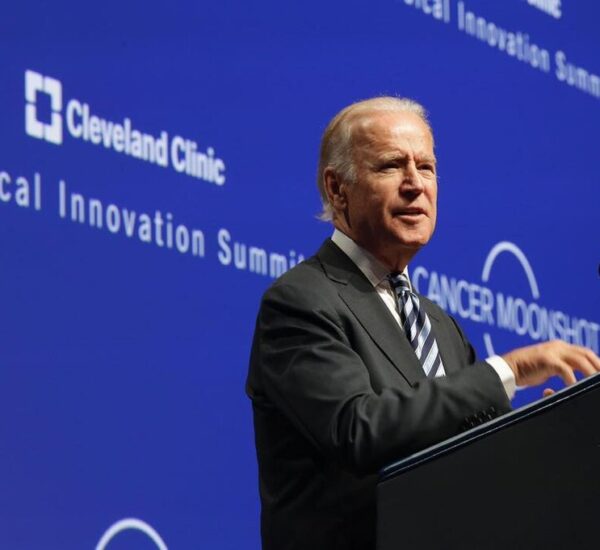
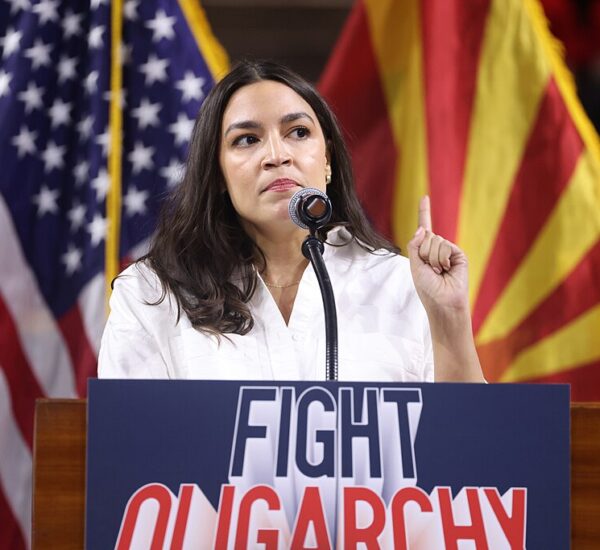
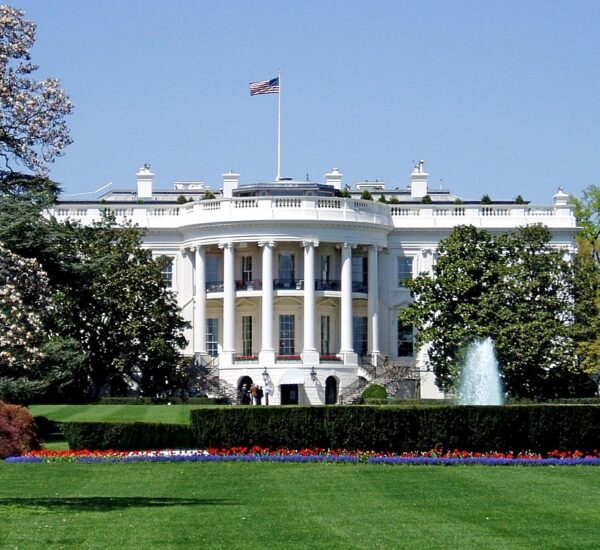

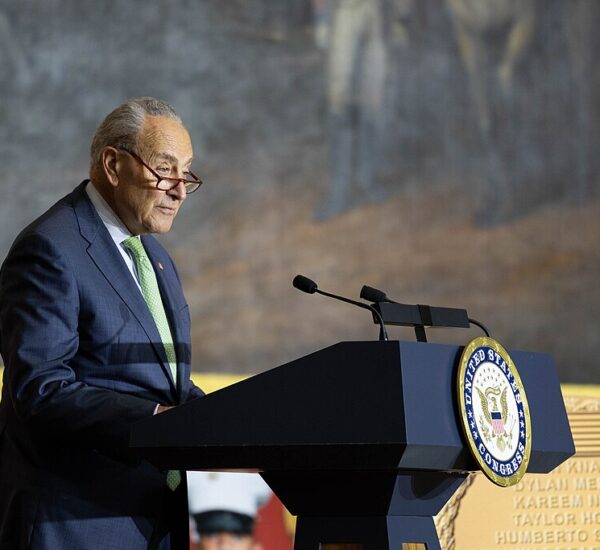
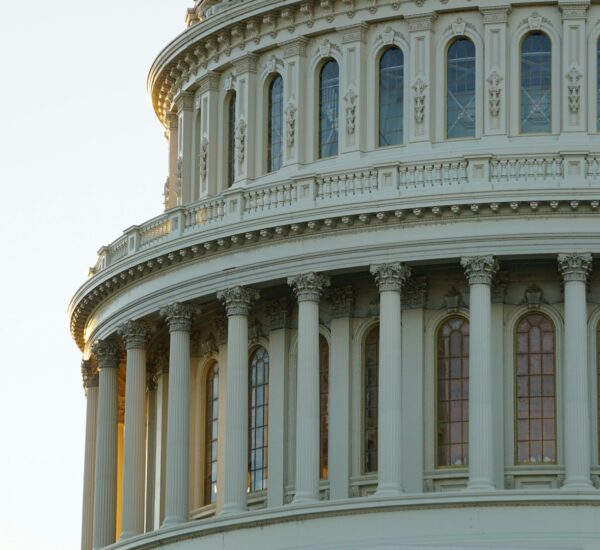
These are only hollow words from Harvard University President Alan Garber , to get their Grants back. They will not change.